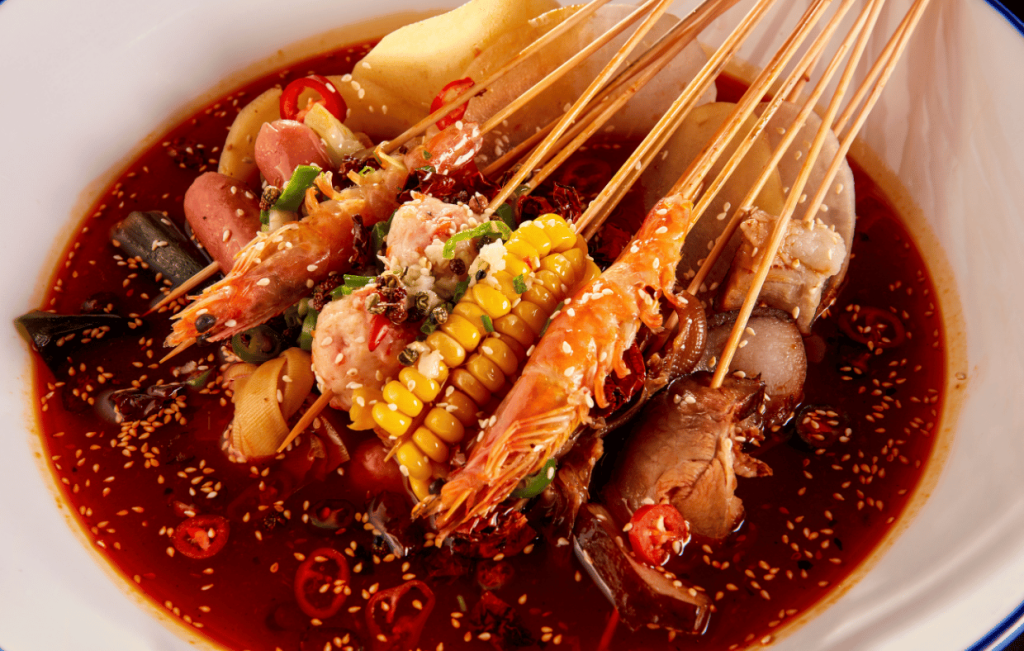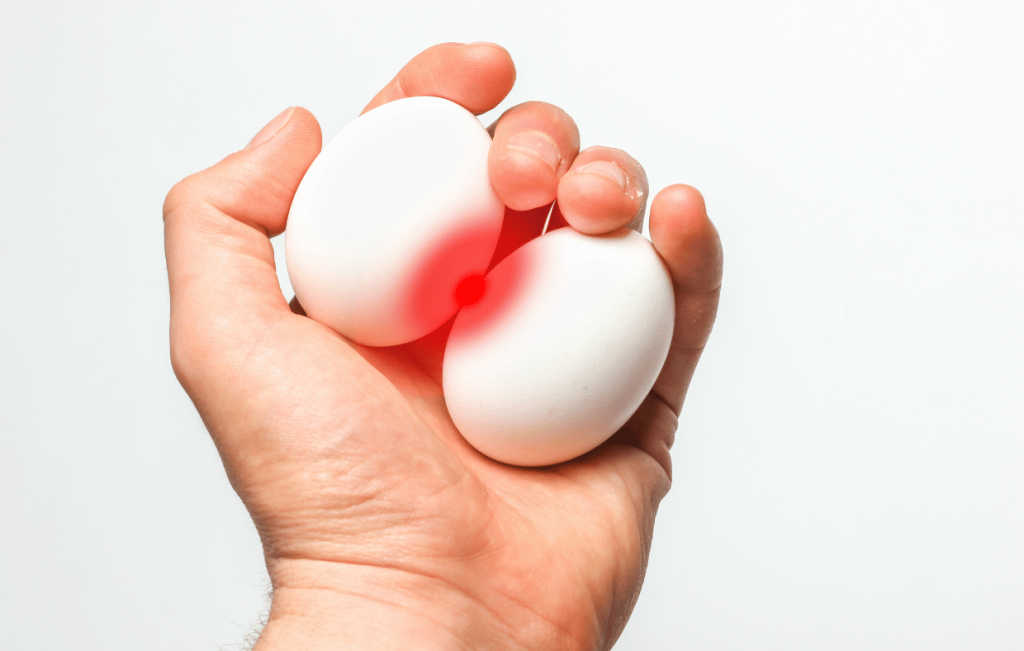Prostatitis can significantly impact a man’s life. Many men are unaware of the prostate gland until it causes problems. Whether you have acute bacterial prostatitis, chronic bacterial prostatitis, chronic pelvic pain syndrome, or asymptomatic inflammatory prostatitis, diet can help manage symptoms and improve prostate health.
This article focuses on the best diet for prostatitis, outlining what to eat (and avoid) and why. Here’s a recent development on Prostate.
Understanding Prostatitis
The prostate is a small, glandular organ located under the bladder that produces seminal fluid. Prostatitis is inflammation of the prostate and can be long-term or sudden, depending on its type:
- Acute Bacterial Prostatitis: A sudden bacterial infection, often caused by chlamydia.
- Chronic Bacterial Prostatitis: Recurring bouts of bacterial infection that may come and go.
- Chronic Pelvic Pain Syndrome (CPPS): The most common type, with no identifiable infection origin.
- Asymptomatic Inflammatory Prostatitis: Inflammation of the prostate without symptoms, detected during tests for other issues.
Diet and Its Impact on the Prostate Gland

Diet significantly affects your body, including your prostate health. The right foods can help manage symptoms, decrease inflammation, and boost the immune system. Here are some nutrients and food groups that can enhance prostate health, lower the risk of prostate problems such as BPH (benign prostatic hyperplasia), and maintain sexual health.
Eat This for a Healthy Prostate
- Fatty Fish: Salmon, mackerel, sardines, and tuna are rich in omega-3 fatty acids, which help reduce inflammation and lower the risk of chronic diseases.
- Olive Oil: Rich in antioxidants and anti-inflammatories, olive oil helps maintain good health and prostate function.
- Cruciferous Vegetables: Broccoli, Brussels sprouts, cauliflower, and bok choy contain compounds that kill cancer cells and aid detoxification.
- Tomato Products: Tomato sauce and juice are rich in lycopene, an antioxidant that lowers the risk of prostate enlargement and inflammation.
- Pumpkin Seeds: High in zinc, essential for proper prostate function and immune system regulation.
- Citrus Fruits: Oranges, lemons, and grapefruits are high in vitamin C, supporting the immune system and reducing inflammation.
- Whole Grains: Brown rice, quinoa, and oats are high in fiber and antioxidants, promoting healthy digestion and reducing inflammation.
- Bell Peppers: Rich in vitamin C and other antioxidants, bell peppers combat free radicals and reduce prostate inflammation.
- Green Tea: High in polyphenols, green tea minimizes chronic prostatitis severity and offers protection against UTIs.
- Water: Proper hydration flushes bacteria and keeps the urinary tract healthy, potentially relieving frequent urination urges.
Foods to Avoid with Prostatitis

- Spicy Foods: Can irritate the bladder and exacerbate urination-related symptoms.
- Red Meat: Associated with inflammation and increased prostate cancer risk.
- Dairy Products: May cause inflammation in some men.
- Alcoholic Beverages: Can irritate the bladder and aggravate symptoms.
- Acidic Foods: Raw tomatoes, citrus juices, and vinegar-based dressings can irritate the bladder lining.
- Caffeine: May worsen symptoms of urinary frequency and urgency.
- Unhealthy Fats: Trans fats and excess saturated fats may lead to inflammation.
Tips for a Healthy Prostate
- Maintain a healthy weight
- Stay physically active (at least 30 minutes daily)
- Practice stress management
- Try warm baths or sitz baths
- Avoid holding urine
Medical and Natural Treatment Options
Besides dietary modifications, treatments may include:
- Antibiotics for bacterial infections
- Alpha-blockers for muscle relaxation
- Physical therapy for pelvic pain
- Prostate massage
- Supplements (consult healthcare professional)
- Clinical trials for chronic conditions
Importance of Early Diagnosis
Prostatitis symptoms can be confused with other prostate issues. Consult a healthcare professional for frequent painful urination and/or pelvic pain.
Prostate Health and Long-Term Wellness
A healthy diet benefits prostate health and overall well-being, including heart health, cancer risk reduction, and sexual function enhancement.
Summary: Top Foods and Biggest Offenders
Eat More Of:
- Fatty fish
- Olive oil
- Cruciferous vegetables
- Tomato sauce and juice
- Pumpkin seeds
- Citrus fruits
- Whole grains
- Green tea
- Bell peppers
Avoid or Limit:
- Spicy foods
- Processed meats
- Dairy products
- Alcoholic beverages
- Acidic foods
- Caffeine
- Trans fats and unhealthy oils
Final Thoughts
A balanced, prostate-oriented diet and lifestyle can help reduce prostatitis severity. By eating the right foods and eliminating common dietary triggers, you can control inflammation, promote healing, and improve your quality of life. While medical treatments may be necessary for certain types of prostatitis, a healthy diet is the cornerstone of any healing plan.


